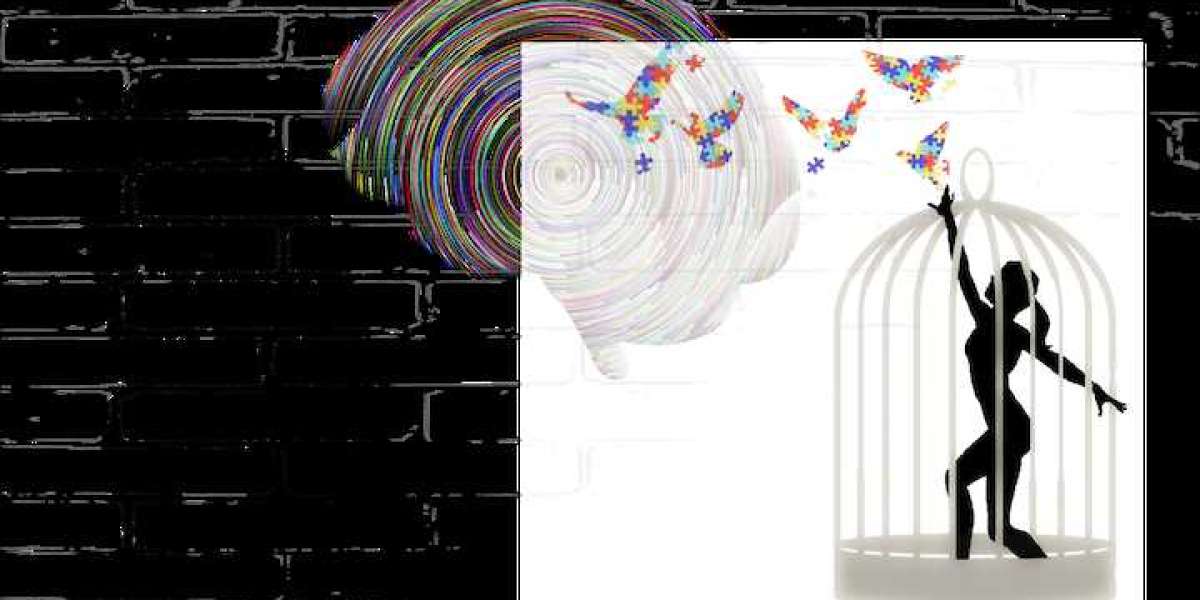An integrated treatment for co-occurring disorders involves treating both the addiction and mental health simultaneously. Integrated therapy can be accessed at an inpatient rehab facility or on an outpatient basis, depending on the patient's need. Generally, an inpatient program is the best option for a person with a dual diagnosis.
Co-occurring disorders
Historically, substance use disorders and mental health conditions have been treated separately, and treatment for one will not necessarily improve the other. However, there is an effective treatment plan for co-occurring disorders if the disorders are treated together. This treatment approach is known as integrated treatment. It involves treating each disorder with a coordinated approach, which can reduce treatment costs and improve treatment outcomes.
Treatment for co-occurring disorders includes a comprehensive evaluation and assessment. The clinician will consider a number of factors, including the patient's motivation to change, their level of substance use, and other risk factors. The goal of treatment is to decrease the person's substance use while also improving their mental health. Often, treatment for a co-occurring disorder requires residential treatment. If left untreated, co-occurring disorders can lead to increased risk for suicide, hospitalization, violence, and victimization.
Co-occurring disorders are a common condition, including addiction and various mental health conditions. These conditions may occur simultaneously or sequentially. While they often cause symptoms that are similar, it can be difficult to accurately diagnose and treat them separately. In some cases, patients may be treated for one condition while the other is left untreated. In these cases, it is essential that both disorders be treated at the same time to ensure complete recovery. Unfortunately, co-occurring disorders are all too common. In fact, 7.9 million adults were diagnosed with a co-occurring disorder in 2014.
When a person is suffering from one or both conditions, there is a high chance that they will develop a substance use disorder as well. In fact, half of individuals with one or both disorders will have the other. This occurs because people with one or the other disorder often turn to alcohol or drugs to self-medicate. These behaviors exacerbate the symptoms of both mental illnesses. These co-occurring disorders are complex and interrelated. If both are not treated appropriately, they can exacerbate each other and lead to more severe consequences.
Symptoms
Addiction is a chronic disease that affects brain functions and can be dangerous to both a person's physical and mental health. It often begins when a person has a craving for a substance or behavior that they find appealing. In this state, they often ignore other areas of their life to satisfy their addiction. Symptoms of addiction may include difficulty in controlling urges, failure to complete major tasks, and giving up social activities.
The distorted thinking, behaviors, and personality of someone suffering from an addiction are the result of changes in the brain. These changes can affect judgment, learning, memory, and personality. These changes are a result of repeated substance use. These changes can last for long periods of time and result in a variety of symptoms, including increased cravings, mood lability, and personality changes.
It is critical to seek professional help if you recognize these signs of addiction. The sooner you begin treatment, the sooner you can get the help you need. Treatments for addiction depend on the substance involved. Also, pay attention to the quantity of the substance being used. If the amount of the substance is increasing, it may indicate addiction. If you or someone you know is struggling with an addiction, call your healthcare provider immediately. There are many resources available to help you and your loved one.
Although signs of addiction can be hard to detect, some signs are easy to spot. Look for signs of drug paraphernalia like cigarette papers, pipes, or small weighing scales. But remember that most of these signs are also easily explained by other symptoms of health problems. For instance, a person experiencing mood swings can also be experiencing changes in their life, such as anxiety and depression.
Treatment
Treatment for addiction and mental health involves addressing the underlying reasons for the problem and developing skills to prevent relapse. It can include various therapeutic interventions, such as Cognitive-Behavioral therapy (CBT), Motivational Interviewing (MI), and 12-Step integration. It can also include yoga or meditation.
In addition, identifying and treating a person's co-occurring mental health and addiction issues can improve their chances of a successful recovery and improved quality of life. This is because people with co-occurring mental health and addiction tend to experience more persistent, severe, and resistant symptoms. This makes it difficult for them to maintain sobriety for long periods of time.
Treatment for addiction and mental health can include a combination of live-in and outpatient options. Live-in rehab provides more structured care and can last a few weeks to several months. It may also include a follow-up phase of outpatient rehabilitation. Some residential rehabs provide 24 hours of monitoring.
The first stage of treatment for addiction is critical to the recovery process. Addicts must reflect on their lives and understand the damage their drug use has done. They should also do research on their addiction to better understand what they need in recovery. In addition to therapy and counseling, medication is an integral part of treatment for addiction and mental health.
Treatment for addiction and mental health is a collaborative process where individuals share decision-making and actively develop change strategies. It also involves basic education about the disorder and teaches strategies to cope with life's challenges. They are encouraged to examine their relationships and the role alcohol and drugs play in their lives. They can also learn about other mental health services in order to improve their quality of life.



